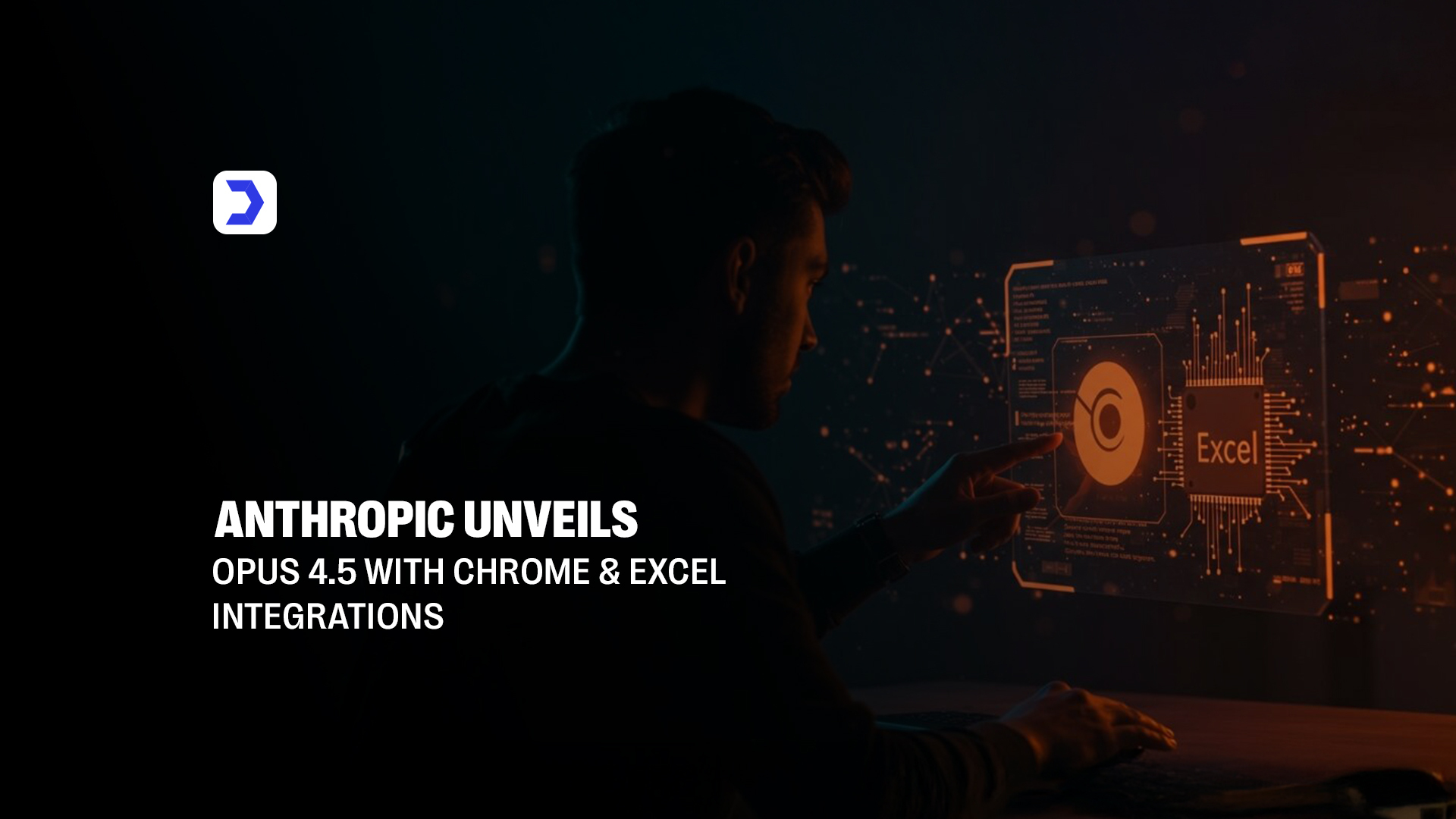Summary
- xAI, founded by Elon Musk, has filed an antitrust lawsuit against Apple and OpenAI for alleged anti-competitive practices.
- Musk accuses Apple AI and OpenAI of collaborating to monopolize the AI industry and restrict market access for emerging competitors.
- Apple and OpenAI have denied the allegations, defending their practices as promoting innovation and accessibility in AI technologies.
- The AI ecosystem has grown rapidly, with both companies facing scrutiny for their role in the AI market, especially concerning ChatGPT’s dominance.
- Musk’s lawsuit emphasizes the need for fair competition and diversity in the AI market to foster innovation.
- Apple’s integration of OpenAI’s ChatGPT into its products, including AI-powered features in iOS, is central to the allegations.
- The lawsuit has sparked a wider debate over AI governance, with implications for AI safety, control, and regulatory oversight.
xAI, the company founded by Elon Musk, has filed an antitrust lawsuit against Apple and OpenAI, accusing both companies of anti-competitive practices. The lawsuit alleges that Apple AI and OpenAI have formed a strategic alliance to dominate the AI market, effectively stifling competition and innovation. According to Musk, their collaboration creates a controlled ecosystem where new AI ventures are unable to thrive, consolidating too much power in the hands of a few.
Musk’s legal action comes at a time when the AI industry is at the forefront of technological progress, and the accusations target the exclusive integration of OpenAI’s tools, such as ChatGPT, into Apple’s products. xAI claims this partnership hinders the development of alternative AI solutions and limits the market’s ability to foster fresh innovation.
The case also highlights broader concerns within the AI space, including safety and governance. OpenAI and Anthropic have both raised alarms about xAI’s safety culture, warning that rapid advancements in AI technology without proper oversight can lead to unforeseen risks. These concerns are further amplified by the influence of major players like Apple, whose actions are seen as potentially restricting competition in the AI ecosystem.
As this lawsuit unfolds, it may have significant implications not only for the future of AI development but also for the regulation of tech monopolies. Musk’s stance reflects his ongoing critique of OpenAI, which he co-founded but later distanced himself from, fearing that the company was drifting away from its original mission. The outcome of this legal battle could alter the landscape of AI, with lasting effects on how these technologies are created, shared, and controlled.
Musk’s Allegations Go Public
Elon Musk’s decision to publicly file the antitrust lawsuit against Apple and OpenAI has drawn significant attention to what he perceives as monopolistic practices in the AI industry. According to Musk, Apple AI and OpenAI have built an exclusive alliance that restricts access for other AI companies, ultimately creating a closed ecosystem that benefits only the largest players. His allegations are based on the claim that the integration of OpenAI’s ChatGPT into Apple’s software products is an attempt to lock out competitors from the AI marketplace. Musk insists that this limits innovation and creates an unfair playing field for emerging technologies.
The lawsuit further alleges that Apple’s AI initiatives are not only controlling how AI tools are developed but also how they are deployed within Apple’s products, like iOS and macOS. This partnership, Musk argues, is directly tied to Apple’s push toward a more integrated user experience, which could overshadow open-source AI tools and restrict future innovation.
This conflict is particularly timely, as Apple’s latest advancements, such as the introduction of a new liquid glass interface in the iOS 26 beta, demonstrate how Apple continues to shape its own technological future. While Apple’s AI capabilities are impressive, critics like Musk view this as part of a broader strategy to create a closed environment that only benefits Apple and its few exclusive partners.
Musk’s lawsuit points to this growing centralization of AI power, where large companies like Apple and OpenAI dictate the future of technology. The tension between open and closed systems in the AI space is escalating, and Musk’s public stance challenges the status quo, pushing for greater competition and innovation in the market.
Apple and OpenAI Respond
In response to xAI’s antitrust lawsuit, both Apple and OpenAI have firmly denied the accusations of anti-competitive behavior. Apple’s legal team quickly pointed to its commitment to open collaboration and innovation in AI, emphasizing that the integration of OpenAI’s ChatGPT into Apple’s ecosystem was done in the interest of enhancing user experience, not stifling competition. Apple representatives argued that its AI products, including advanced tools like Apple AI integrated in iOS, are designed to complement, not monopolize, the market.
OpenAI, on the other hand, defended its role in advancing AI technology, stating that the company operates under principles of accessibility and inclusivity. They emphasized that ChatGPT and their broader AI technologies have democratized AI access, enabling millions of users to leverage sophisticated tools. OpenAI’s leadership refuted any claims that their alliance with Apple constitutes market manipulation, asserting that their collaboration is merely a reflection of AI’s growing demand in the consumer space.
Despite these responses, the legal battle has intensified, with both companies now under scrutiny for their business practices. Apple’s AI-powered products have generated both praise and criticism, particularly as the company moves toward more integrated solutions across its platforms. For example, the recent news on Apple’s AI models indicates that while they’ve made progress, performance metrics show they still have room for improvement compared to their competitors. This contrast between innovation and performance has raised questions about how these technologies affect competition in the broader AI industry.
As the case progresses, it will likely become a defining moment in the debate over AI’s role in tech monopolies and whether current regulatory frameworks can keep pace with fast-evolving technologies. Both Apple and OpenAI are expected to make further statements in the coming weeks, and the outcome of this lawsuit could have significant ramifications for the future development of AI.




